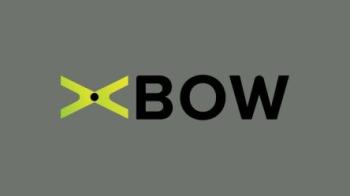The Future of Work
Bailey Fisher welcomed company culture development expert Brett Putter to talk to Chair/NEDs from the high-growth technology market about the future of work. As Founder & CEO of CultureGene, Brett helps companies build strong functional cultures whilst transitioning to a remote or hybrid work model. His talk focused on why hybrid work is the future of work, and what we can learn from fully remote companies. He talked about the challenges of the hybrid environment, and the changes that leaders can implement to gain competitive advantage in the future of work.
The flexible work cat is out of the bag and is not going back in
Workers will want, and the best will demand, the flexibility to work where they want to. This is a fundamental shift that leaders need to come to terms with. Fully remote working is not possible for most companies, and hybrid is the way forward.
The hybrid office
The shift to hybrid working presents leadership challenges. If a company is fully remote, all employees are experiencing the company in the same way. With hybrid comes a disconnect between the synchronous environment of the office and the asynchronous nature of remote working. It is human nature that remote workers will feel excluded. There’s a war on talent and companies are looking to target the best people. An individual who feels like a second class employee has no reason not to leave in order to join a company where they will feel first class – a company that has implemented and refined the hybrid working model.
Remote first culture
To create a fulfilling, inclusive and equitable environment for everyone, leaders must implement a remote first culture. The future of work requires this. Fully remote companies such as GitLab, Hotjar and Automattic do things differently. They can’t rely on osmosis, on the chat around the office to keep people in the loop. They are very deliberate about 9 best practices.
Documentation
Of these, documentation is one of the most important. Most high-growth start ups don’t think about documentation, but it should be seen as a competitive advantage. Taking the lead from fully remote companies, leaders should change from a speak-first to a write-first way of doing things. Brett cited the example of fully remote GitLab, whose company handbook, at over 13,000 pages if printed, is online and available to anyone. A great example not just of documentation but of transparency, another of the best practices of fully remote companies.
The way forward
Leaders should act now to adapt to the requirements of the remote-first world. In the post-pandemic future of work, the winning companies will be those that have implemented a trust and outcomes-based culture, based on asynchronous work, with no advantage or disadvantage to working either remotely or in the office.
The event was hosted by Bailey Fisher in partnership with Silicon Valley Bank UK and Taylor Vinters.




